
Mile High 360: We Stick with Kids through to Adulthood (and Beyond!)
Mile High 360 has figured something out that seems to elude most organizations working with kids: you need to stay with them even after high school graduation. That’s when most of the supports students have seem to disappear. Which makes it a particularly dangerous time when many kids fall through the cracks.
It intrigued us that Mile High 360 stays with its participants until they are 24 years of age, getting them beyond even that first college degree. We thought the organization might have hit on an important formula, and so we were happy to give them a small grant in order to have a small part in what we see as important work. We spoke with Mile High 360 Director of Development Natalie A. Martinez to learn more about the work of this innovative organization:
Kars4Kids: It’s intriguing that Mile High 360 participants are with you from the 6th grade until age 24. How did you decide on the number of consecutive years kids need to stick with Mile High 360, and at what ages that involvement needs to begin and end?
Natalie A. Martinez: Mile High 360 starts with 6th graders because it is difficult to “survive” multiple school transitions. Typically, students will change schools at the 5th to 6th transition point and/or the 8th to 9th transition point. Changing schools can impact a family’s ability to keep their daughter or son in MH360. Thus, MH360 students begin as early as possible and at a point where MH360 believes the likelihood is high that they will remain in attendance for the duration, through age 24.
Mile High 360 started out serving students through the completion of high school. Students said it was not enough. Students said the transition to a post-secondary institution or vocational track is significant and full of first-time hurdles. Students wanted additional advice on how to handle everything from financial aid to choosing a major to summertime internships and all the other moving parts that come with the ascension to an advanced education path. Mile High 360 also takes students to visit various universities and colleges both in and outside of Colorado to give them a taste of what it is like to be on a campus.
As MH360 students progressed through a variety of post-secondary institutions and program, it became clear that educational paths would often extend beyond the stereotypical four-year timeline. Providing support through age 24 means the majority of students have finished their degree and transitioned into the workforce by age 24. And, in reality, a students’ “membership” will not just cease to exist at age 24; they remain a part of the MH360 family and can always draw on its resources.
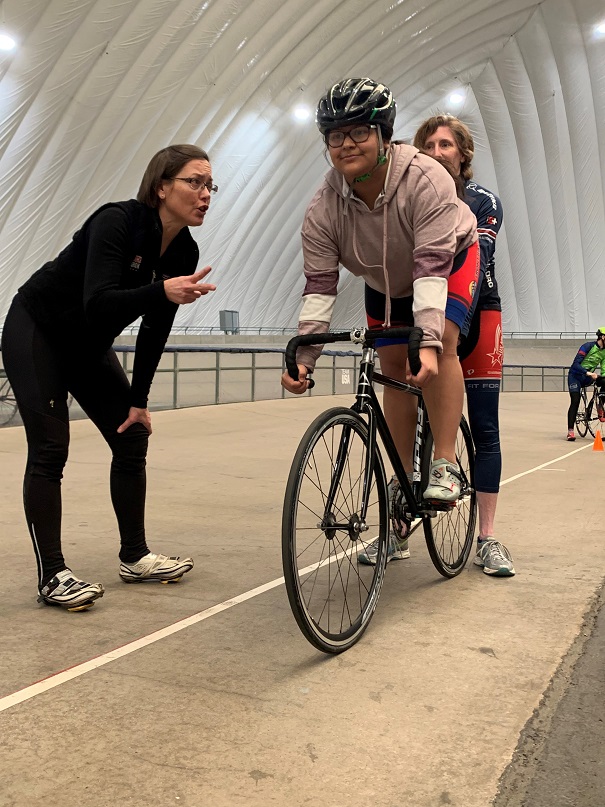
Kars4Kids: In how many states do you operate? How many schools? How many students do you serve each year?
Natalie A. Martinez: While Mile High 360 serves 106 students and only operates in Denver (partnering with just three schools, West Leadership Academy, West Early College, and CEC Early College). MH360 is a member of the Squash + Education Alliance (SEA). SEA has 22 domestic member organizations and serves over 2,000 students.
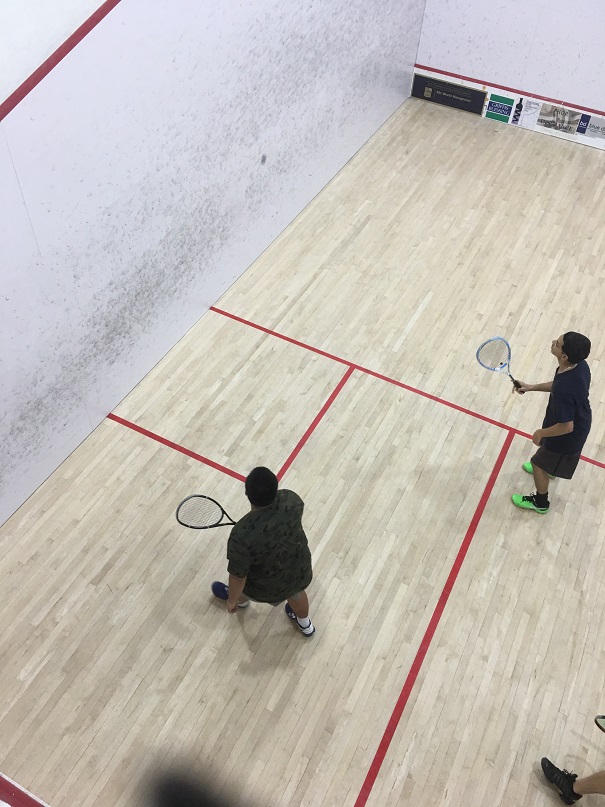
Kars4Kids: What percentage of your participants graduates college?
Natalie A. Martinez: Mile High 360 is just 12 years old and its first cohort (2008) is just starting to graduate from post-secondary institutions. 70% are still enrolled or have graduated and are entering or in the Denver workforce.
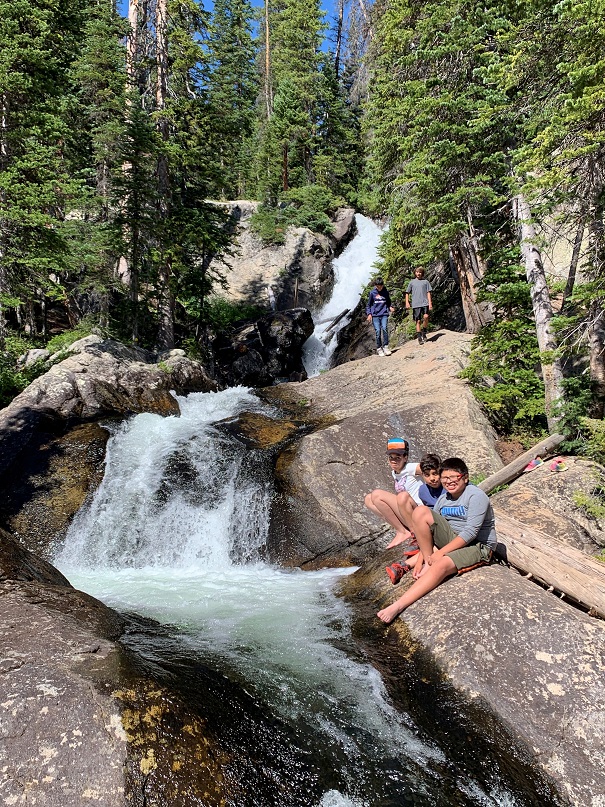
Kars4Kids: Mile High 360’s stated mission is “To ensure that socioeconomic status does not define a child’s future.” How is Mile High 360 leveling the playing field?
Natalie A. Martinez: In addition to opportunities provided through formal educational systems, learning and life outcomes depend on access to essential out-of-school factors such as health, nutrition, just-in-time educational support, informal learning experiences, safety, etc. Mile High 360 is an access point or hub to the essential out-of-school resources that play an important role in educational and life outcomes. Additionally, MH360 provides life-changing educational, recreational and athletic experiences and opportunities at various colleges, universities, pre-schools and organizations throughout the United States. There are also many community service and enriching local and regional field trips. Access to these resources does not exist in a vacuum; access is clearly tied to educational and life goals.
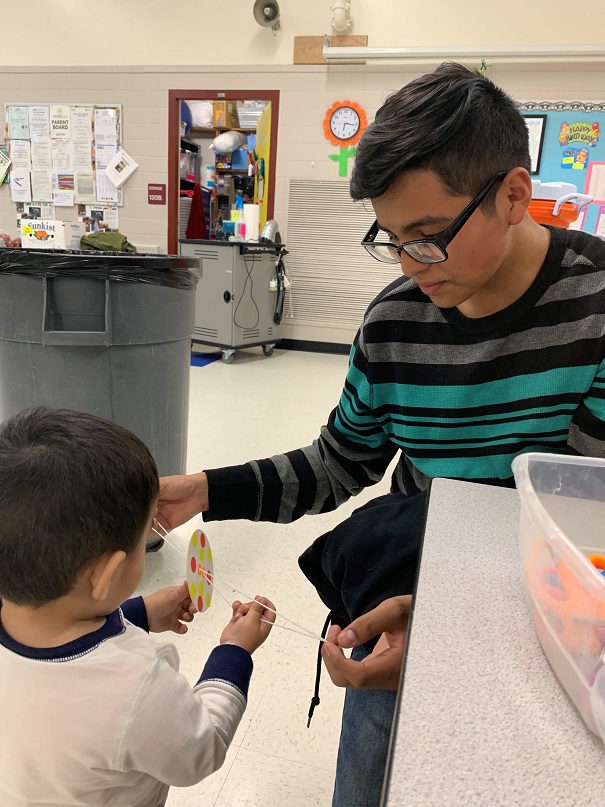
Kars4Kids: Can you tell us a bit about the demographic of Mile High 360 participants?
Natalie A. Martinez: Mile High 360 demographics closely mirror the demographics of its partner schools: over 97% of students self-identify as Latinx and more than 97% qualify for Free/Reduced Lunch. Finally, the current gender balance is 52% female and 48% male.

Kars4Kids: What does participation look like for 6th-8th graders over the course of the week, during the school year? What about over the summer? Why this number of hours? What does this do for the kids?
Natalie A. Martinez: During the school year, each middle school student attends two after-school sessions (6 hours) and one weekend session (3-6 hours depending on the activity). During the summertime (Non-COVID), a middle school student would participate in 5 weeks of summertime programming, five days a week, and from 9:00am – 3:00pm. Additionally, students have the option of applying to a series of additional experiences (e.g., overnight camps, bike tours, academic camps, etc.).
During the school year, the hours are organized to fit in between the end of school (3:00pm) and the start of family dinner (7:00pm). Meeting after school and twice each week allows a pair of staff members to work with a total of 40 students (20 at a time). During the summer, Mile High 360 can provide a full-day experience and capitalize on the amount of free time that students want to fill with fun and educational activities.
As the COVID crisis continues, Mile High 360 is looking to provide students with an additional option for remote learning. We will create a safe space for students to come to do their remote classes with staff support for academics and other needs especially technology during the first part of the school year. MH360 will also continue health and wellness and life skills programming including cycling, nutrition and cooking classes and fitness training for future cycling events. MH360 is looking for additional funding to support both student and family financial literacy. Post-secondary students will continue to work with our post-secondary director on guidance and advise for the upcoming school year.
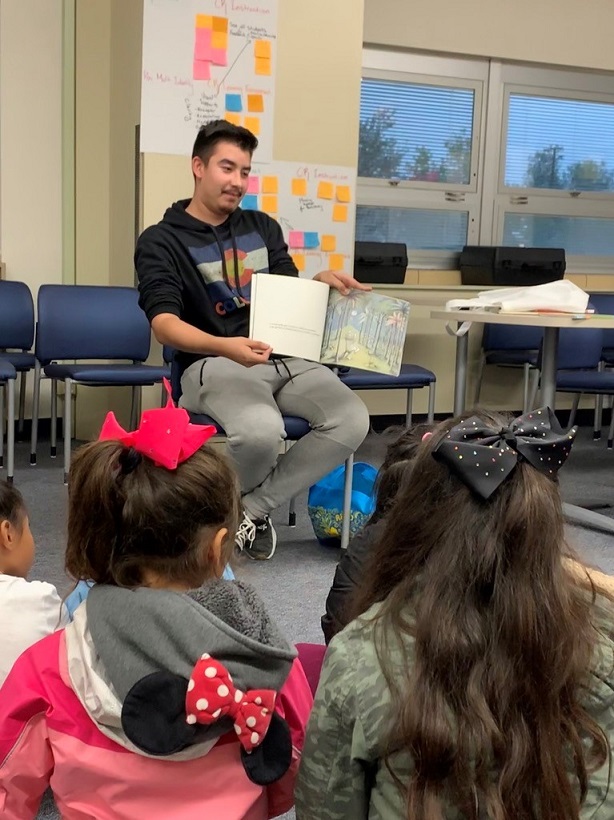
Kars4Kids: Tell us about the graph HERE, that illustrates the concept of “360” as applied to your organization.
Natalie A. Martinez: Sure. The pie chart captures Mile High 360 programming (e.g., counseling, tutoring, FAFSA instructions, college visits, internship support, etc.) and demonstrates that MH360 also attends to other facets of life that have an impact on educational and life outcomes.
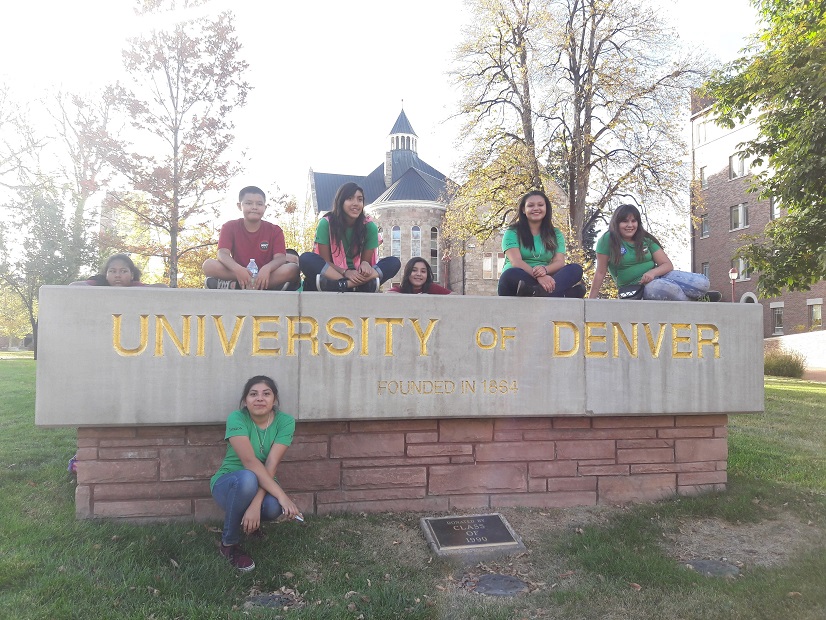
Kars4Kids: A lot of organizations would stop providing services once the kids got into college. Why do you continue on with the kids, until age 24, long after even college graduation?
Natalie A. Martinez: Mile High 360 continues its support through the “college years” because the transition to a post-secondary institution or vocational tract is significant and full of first-time hurdles (e.g., filling out financial aid forms, filling out health forms, choosing a major, applying for much needed scholarship support, etc.). There is even a term for students who are accepted into college and never make it to the first day because the mundane details of attending college do not get attended to: “summer melt.” Students who are the first in their family to attend a post-secondary institution do not have the benefit of their parents’ experience or guidance. The support that Mile High 360 provides is essential in a student’s effort to start and to complete a post-secondary degree.
Mile High 360 provides support through age 24 because it is often the case that college takes more than the stereotypic four years. And, students benefit from assistance moving into a career within their identified field through organized networking, interview preparation and resume and cover letter assistance.
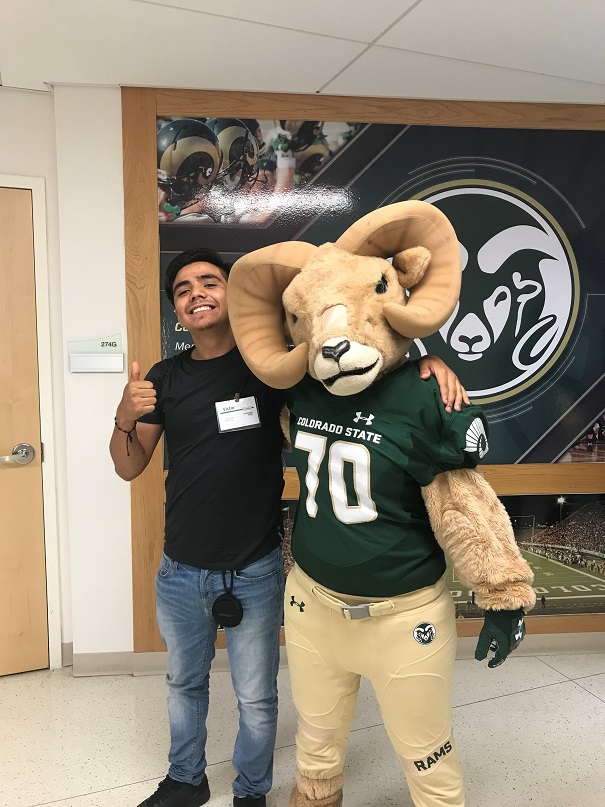
Kars4Kids: How has the coronavirus epidemic affected Mile High 360? What are you doing to counter these issues?
Natalie A. Martinez: The first impact felt by Mile High 360 was that programming abruptly ended through the closures of the schools. We scrambled to create online programming for our students to keep them engaged and to support them academically through virtual meetings, text and phone calls. Secondly, many, many of the parents of our students lost their jobs which were primarily in the restaurant, service and home and office cleaning industries. This situation caused much anxiety and consternation from the parents as their source of income had evaporated, and many of the adults in the family did not have citizenship status. Thus, public supports were not an option.
MH360 sent out an immediate appeal to our donor base for help with basic living necessities – most especially food. Our donors were generous and empathetic. Then, parents reluctantly confided to staff that rent, utilities and health care costs were also not going to be met. Once again, we scrambled to find and to secure grant funding to assist the families with these expenses.
Mile High 360 knows that students cannot thrive when their home life is unstable and without healthy food, learning is not a priority. We also did not want the students heading into advanced educational tracks to not attend because they felt the need to help their families economically. Mile High 360 was able to meet all the needs of our families. Through this process, MH360 recognized an opportunity to help our families and students by creating a family liaison position for the team to work with families on food security and self-sufficiency. Again, if the family unit thrives, the students thrive.
As the health crisis continues, Mile High 360 will continue to offer programming to both students and families in the most safe and healthy ways that make them feel comfortable and continue their educational, life journeys.
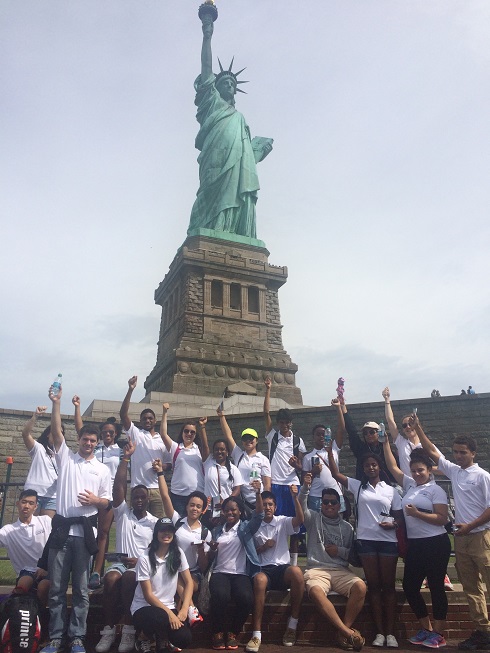
Kars4Kids: What’s next for Mile High 360?
Natalie A. Martinez: A permanent home. Mile High 360 is preparing for a capital campaign to support the construction of an educational support center that will provide a level of self-sufficiency upon which our students can build.